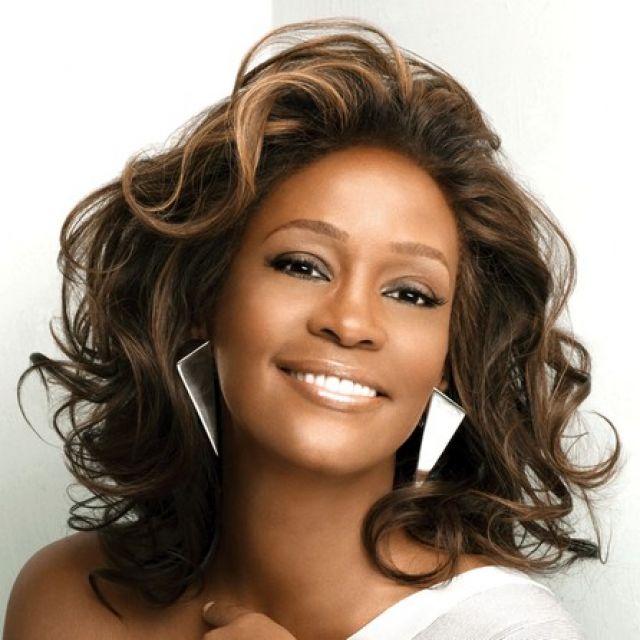Though the stars are under the spotlight, it’s not just them who are challenged in their 40s. How many “midlife crises” have you seen of friends or family in their 40s? How many marriages have you seen dissolve? How many career dreams have been dashed that lead to spiralling personal problems? Of all age groups, the suicide rate is the highest among people in their 40s, according to Statistics Canada.
Some may believe that teen years are the most dangerous. I would argue teen years are the most reckless because of a feeling of invincibility, but I would still rate the 40s more dangerous. Others may point to the 20s and cite the “Forever 27 Club” as proof. But it’s a statistical anomaly (combined with dangerous lifestyles) that account for so many stars (Jimi Hendrix, Janis Joplin, Jim Morrison, Kurt Cobain, Amy Winehouse) all dying at age 27.
There is something unique about the 40s. For most of us we start to notice aches and pains. We start to realize that eventually the bell will toll for thee.
When you think about it, biologically speaking, once we get to our 40s we’re actually playing with found money. For thousands of years, humans rarely lived beyond their 40s. Our bodies were biologically programmed to live in the wilds, not behind a desk. Modern society and medicine have extended our lives but our bodies aren’t all that different.
Centuries ago when people lived into their 40s, those people were revered elders, sought out for their experience and wisdom. Today, our culture looks to the young and when a career sputters like Houston’s it can lead to catastrophic problems. As one music industry wag observed after she was honoured posthumously at the Grammy Awards: “Overnight she went from being washed up and old to beloved and too young.”
Our 20s are the years we get going in adult life. Our 30s we spend our time and energy on career and children. It’s in our 40s that we begin to reflect, especially when disappointments arise.
It is almost like the 40s is a crucible into which melts our need to grasp the fountain of youth and the reality that life does not always go the way we want.
People who handle it better tend to have a couple things in common. First, they focus on what is truly important in life: family, friends, loved ones. Disappointments of the material kind still hurt, but they don’t linger and fester. Second, they have faith, a faith that jettisons the illusion that life is about collecting things, not sharing things.
I have known many people who have moved into their 50s, and well beyond, who age with dignity. It’s enlightening talking to them. They don’t have everything figured out, but they no longer sweat the small things.
Whitney Houston’s early death is sad, though it may also be a reminder to us that if we talk more to our elders, the more we may learn about happiness.
Whitney Houston and the challenge of our 40s
By Robert BrehlThe death of singer Whitney Houston at age 48 set off an interesting discussion around the dinner table about the 40s decade. Why are the 40s so dangerous for some, especially the famous?
Think about all the great stars who’ve perished in their 40s: Judy Garland, Elvis Presley, John F. Kennedy, George Orwell, John Lennon, John Candy (who grew up in Holy Cross parish in Toronto) and so many more. Many, but not all, contributed to their early death through lifestyle choices.
Please support The Catholic Register
Unlike many media companies, The Catholic Register has never charged readers for access to the news and information on our website. We want to keep our award-winning journalism as widely available as possible. But we need your help.
For more than 125 years, The Register has been a trusted source of faith-based journalism. By making even a small donation you help ensure our future as an important voice in the Catholic Church. If you support the mission of Catholic journalism, please donate today. Thank you.
DONATE

